Sri Lanka’s new voter-elected government faces mounting calls from civil society to deliver on the democratic and human rights promises that emerged from the 2022 “Aragalaya” protest movement, according to the US State Department’s 2024 Country Report on Human Rights Practices.
The report, released this week, highlights serious and persistent human rights violations in the country, despite a political transition following the highly contested presidential and parliamentary elections held in late 2024.
Widespread Abuse and Impunity
Among the most pressing concerns are credible reports of arbitrary killings, torture, unlawful detentions, and repression of free expression.
The report outlines systemic failures to investigate or prosecute abuses committed by state actors, including the military, police, and intelligence services.
“Torture and excessive force by police remain endemic, particularly to extract confessions,” the report states, citing documentation by the International Truth and Justice Project Sri Lanka.
It describes six recent cases involving abduction, incommunicado detention, torture, and forced confessions — all without formal charges.
Despite legislation prohibiting torture under the 1994 Convention Against Torture Act, the Human Rights Commission of Sri Lanka (HRCSL) revealed that only 115 cases have been filed since its passage, with fewer than 10 convictions. The HRCSL also recorded 2,845 complaints of torture and 675 of degrading treatment between January 2023 and March 2024.
Supreme Court Justice S. Thurairaja, during a fundamental rights hearing, sharply criticised the police and National Police Commission for ignoring repeated judicial warnings and failing to prevent custodial abuses. “These incidents continue unabated,” he stated.
Extrajudicial Killings Raise Alarm
The report also documents a pattern of alleged extrajudicial killings, particularly deaths occurring during police investigations.
Civil society leaders have criticised the regularity of such incidents, describing them as a form of state-sanctioned violence.
One high-profile case cited in the report involved the March death of a former army commando, Kalahara Dilshan, who was shot while allegedly trying to flee during a police operation. Activists say his death mirrored other suspicious killings where suspects die after being taken to alleged crime scenes — often without independent oversight.
The HRCSL reported seven custodial deaths between January and August 2024 and issued special guidelines to police in December last year in an attempt to curb such incidents.
Assaults in the North and Persistent Insecurity
On November 9, security forces in Jaffna allegedly assaulted several Tamil civilians, including a mother and her two-month-old child — triggering local protests. Rights groups argue that Tamil-majority areas continue to experience disproportionate state surveillance and repression.
Additionally, the report noted that no accountability measures were taken against security officials implicated in past abuses, including during and after the country’s decades-long civil war.
FGM Practices Still Unregulated
The report also flagged Sri Lanka’s failure to outlaw female genital mutilation or cutting (FGM/C), which remains practised in some Muslim communities, notably among the Dawoodi Bohra, Moor, and Malay populations.
While national data on prevalence is unavailable, activists warn the absence of legal safeguards continues to put women and girls at risk.
Reform Promises at a Crossroads
Following the September 2024 presidential election and snap parliamentary poll in November, civil society organisations had hoped the new government would embrace a reformist path shaped by the values of the Aragalaya movement — a mass uprising that toppled the Gotabaya Rajapaksa administration in 2022.
However, the US report paints a bleak picture of stalled progress. “The government took minimal steps to identify and punish officials who committed human rights abuses,” it noted.
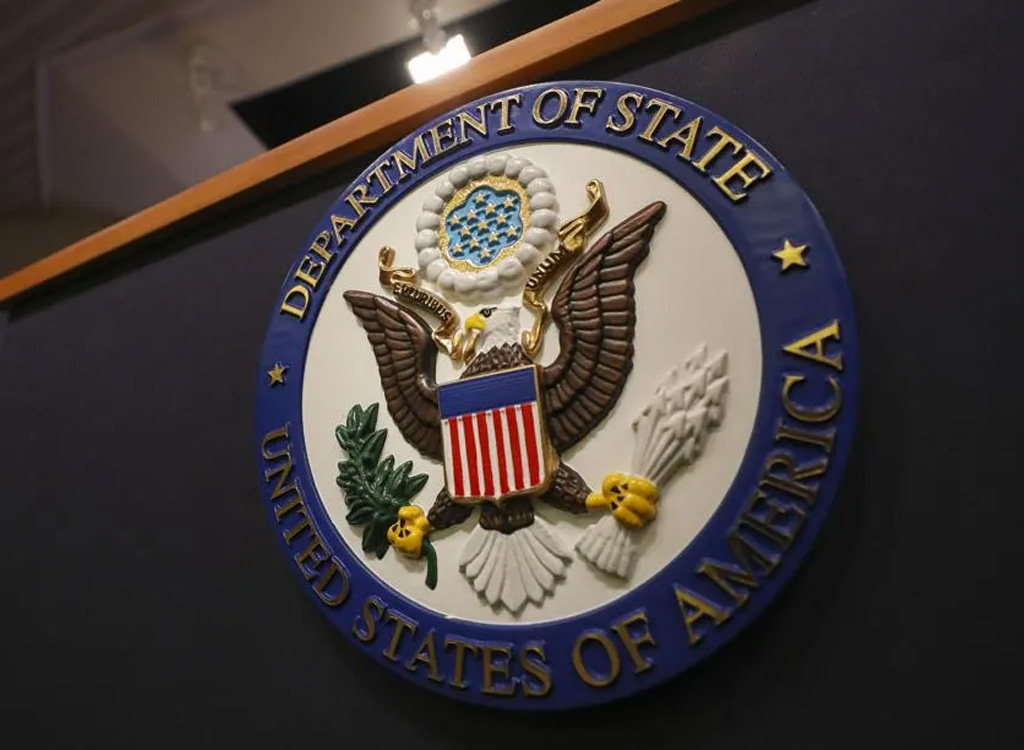
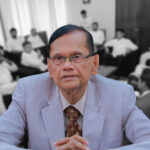
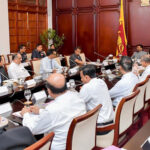





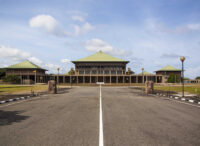
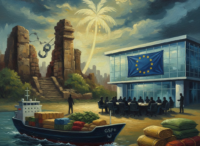
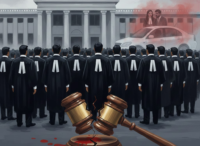
Leave a comment